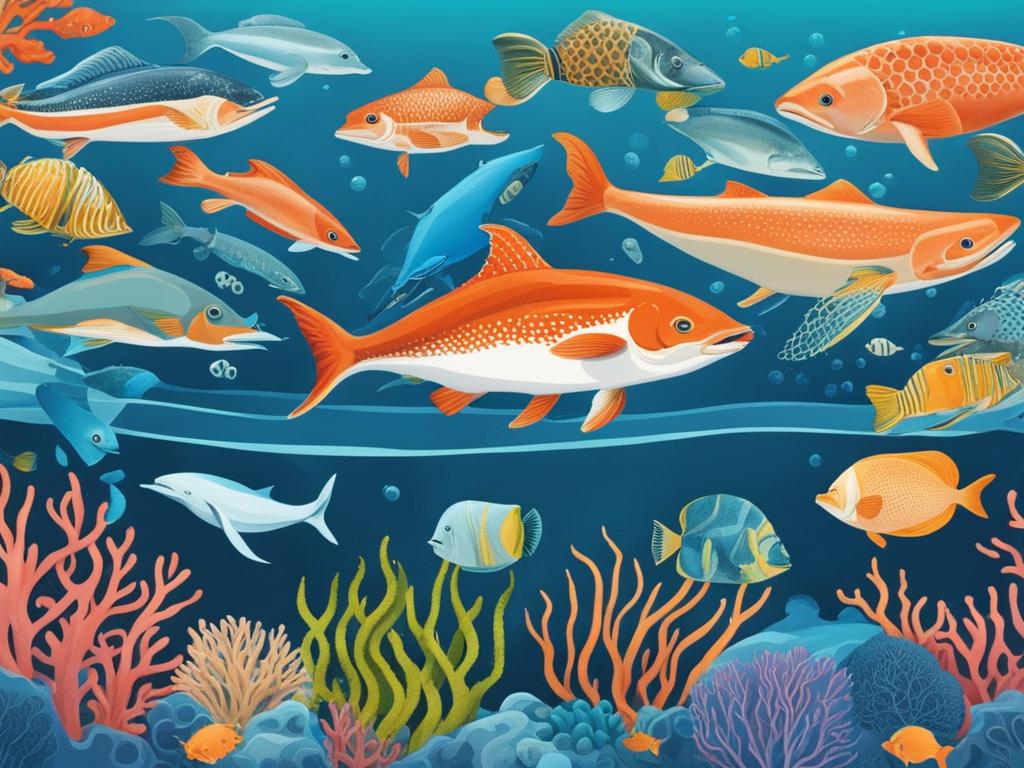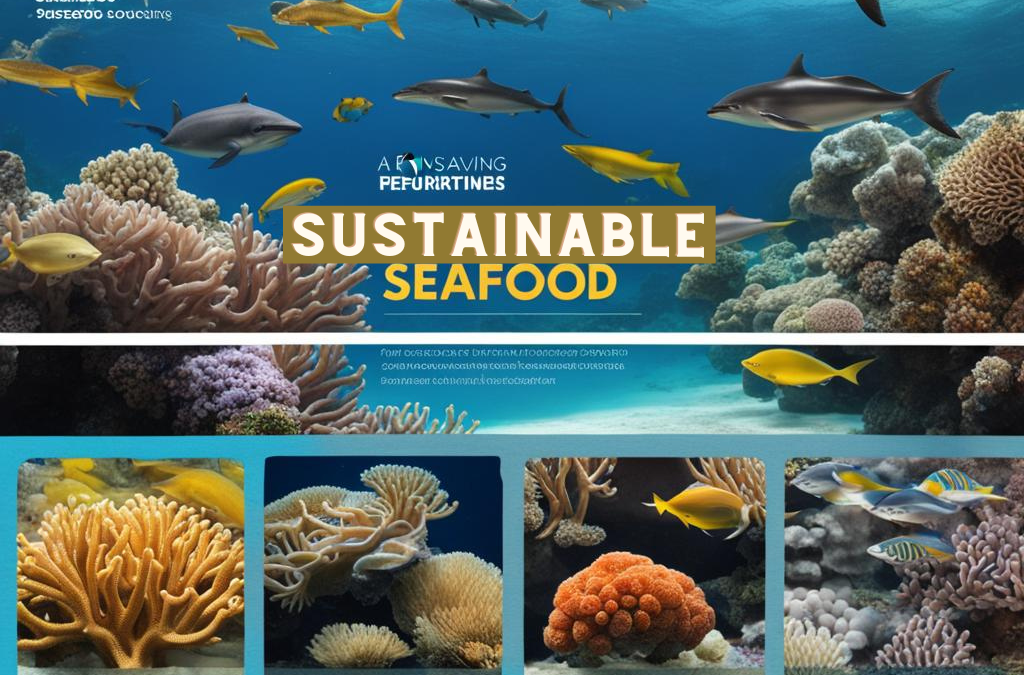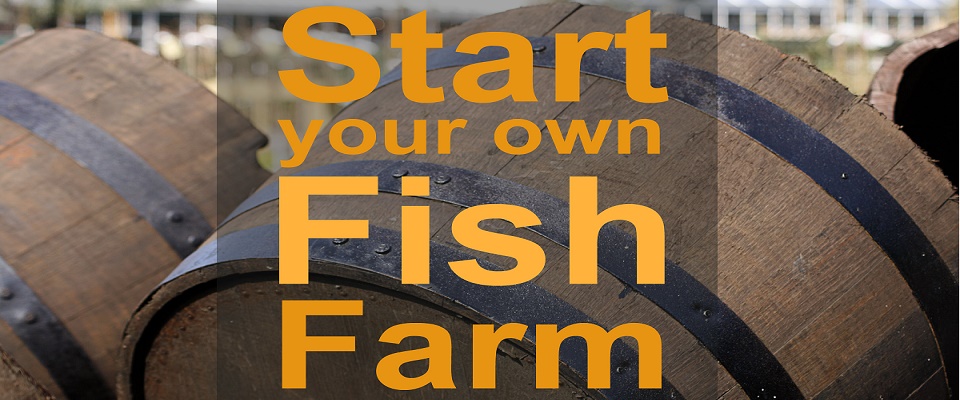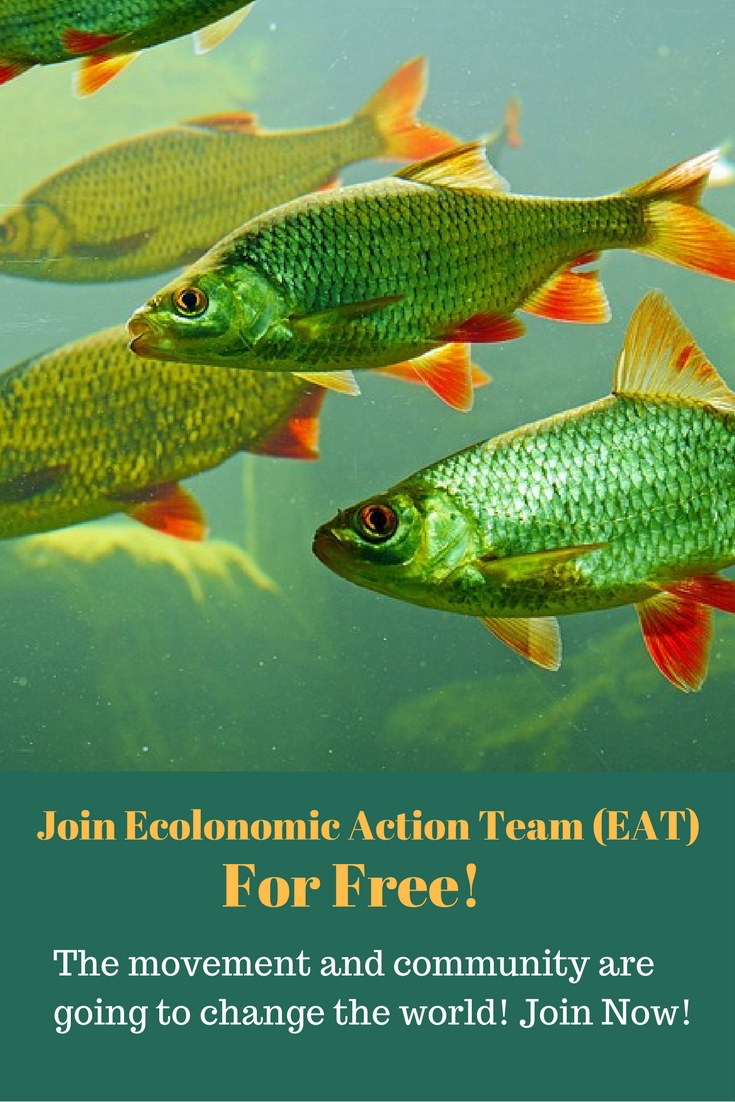Introduction
Are you worried about overfishing? You should be. Our oceans are under siege, but there’s a savior in sight: Sustainable Aquaculture. In this blog post, we’re diving deep into how fish farming can not only meet our insatiable appetite for seafood but also conserve our ocean ecosystems. Here is the Future of Seafood
Why Should We Be Concerned About Overfishing?
Picture this: Millions of fishermen casting their nets into the sea, pulling in tons of fish every day. Sounds productive, right? Wrong. The reality is, we’re taking more fish out of the ocean than nature can replace. This overfishing disrupts marine life, affecting everything from the tiniest plankton to the most massive whales.
The Role of Aquaculture in Alleviating Overfishing
So, what’s the solution? Enter aquaculture—the farming of fish, shellfish, and aquatic plants. Believe it or not, aquaculture is no longer just an alternative; it’s becoming necessary. Let’s explore why.
Benefits of Aquaculture
- Sustainability: Farmed fish can be a more sustainable option than wild-caught, taking the pressure off natural fish populations.
- Controlled Environment: Aquaculture allows for controlled settings, which can lead to healthier, disease-free fish.
- Economic Growth: It’s not just about the fish; it’s about jobs and livelihoods. The aquaculture industry is booming, providing new opportunities for communities worldwide.
- Reduced Bycatch: Traditional fishing methods often accidentally capture unwanted species. In aquaculture, this bycatch is virtually eliminated.
Innovative Techniques in Sustainable Aquaculture

Aquaponics
“Imagine a farm that produces both fish and vegetables,” says Jane Smith, a leading aquaponics researcher. “That’s what aquaponics does. It combines fish farming with hydroponics, reducing waste and maximizing output.”
Environmental Impact Assessment
Before starting an aquaculture project, experts conduct an Environmental Impact Assessment (EIA). “The EIA ensures that we’re not harming the environment,” claims John Doe, a marine biologist. “It’s our roadmap for sustainability.”
The Road Ahead: Challenges and Opportunities
Yes, aquaculture has its challenges, such as the potential for disease outbreaks and the need for sustainable feeds. However, the industry is constantly evolving. “We’re making incredible strides in technology and sustainability,” says Emily Brown, CEO of a leading aquaculture firm. “The future is bright.”
Conclusion
Aquaculture isn’t just an option; it’s a necessity for the future of our planet. Through innovation, oversight, and commitment to sustainability, we can turn the tide and ensure that seafood remains on our menus and in our oceans for generations to come.
Join the Movement
Ready to make a difference? Join groups like the Ecolonomics Action Team to get involved in the exciting world of sustainable aquaculture. Together, we can ensure a brighter, bluer future for our planet. Visit our EAT Community for more resources.



